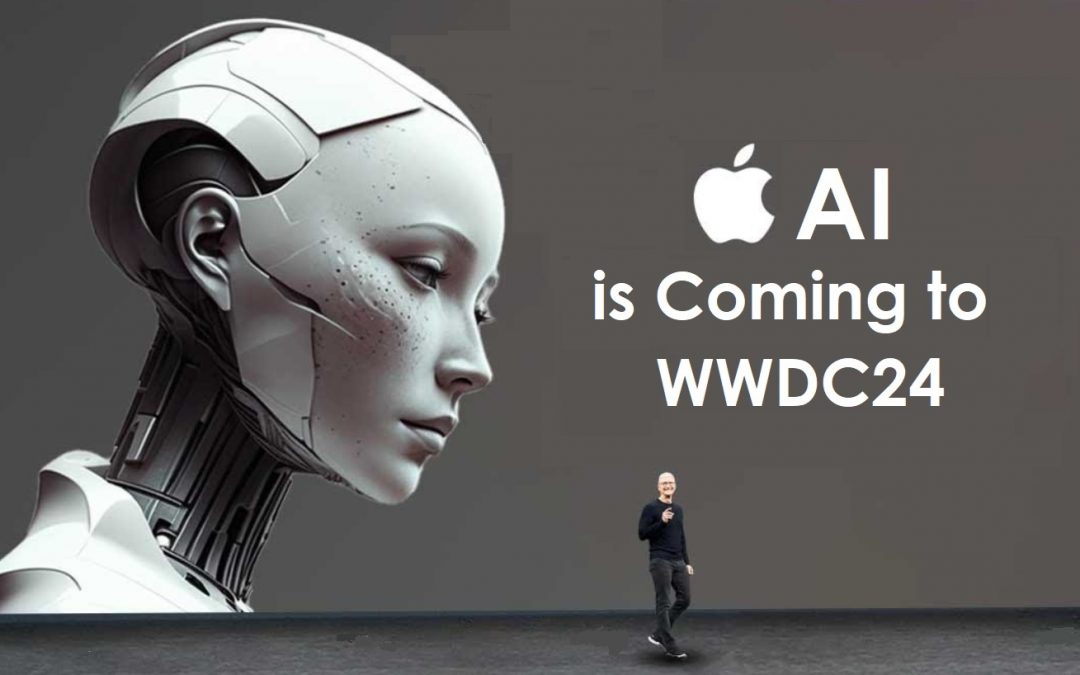Apple’s artificial intelligence advancements, particularly with the introduction of features in recent macOS versions, are pushing the boundaries of what older systems can handle. Here are some key reasons why the older Mac operating systems can’t handle Apple Intelligence AI to run the new AI you will need an iPhone, iPad, or Mac that can run IOS18, IPADIOS18, or Mac OS 15 Sequoia.
Here is a list of compatible devices
· 13-inch Touch Bar M1 MacBook Pro (2020)
· 13-inch Touch Bar M2 MacBook Pro (2022)
· 14-inch and 16-inch M1 MacBook Pro (2021)
· 14-inch and 16-inch M2 MacBook Pro (2023)
· 14-inch and 16-inch M3 MacBook Pro (2023)
1. Hardware Compatibility-
Older Macs lack the necessary hardware to support advanced AI operations. Apple’s latest AI features leverage dedicated hardware like the Neural Engine, first introduced in newer models, which is absent in older MacBooks, iMacs, and iPhones. It now looks like any Intel chip won’t be compatible or any model before 2020. So you will need an A17 chip for iPhone or an M1 chip upwards for Mac.
2. Performance Limitations
AI-driven tasks demand significant processing power and memory. Older systems, designed with the technology available at the time, simply can’t efficiently run these intensive tasks, leading to potential slowdowns or system crashes.
3. Software Optimisation
Modern AI is built to take advantage of the latest macOS optimisations and frameworks. Older operating systems don’t support these new frameworks, making it challenging, if not impossible, to run new AI applications effectively. Of course, you can always use the online alternative that uses your browser as a bridge rather than an internal app.
4. Security Concerns
With advancements in AI, there are also heightened security protocols to protect data and privacy. Older macOS versions may not meet the stringent security requirements needed to safely operate advanced AI features.
5. Integration with Other Services
Apple’s AI capabilities often integrate with other modern services like iCloud, Siri, and various third-party apps. These integrations rely on up-to-date APIs and services that are not fully compatible with outdated operating systems.
While older Macs, iPhones, and iPads are still capable of performing many tasks, they fall short when it comes to handling the demands of modern AI. Investing in newer hardware and keeping the operating system updated is essential for users wanting to leverage Apple’s latest AI advancements. For those using older systems, it might be time to consider using the alternative browser-based AI systems which are very powerful alternatives, and use connecting to an advanced framework through your product’s browser rather than utilising hardware.
